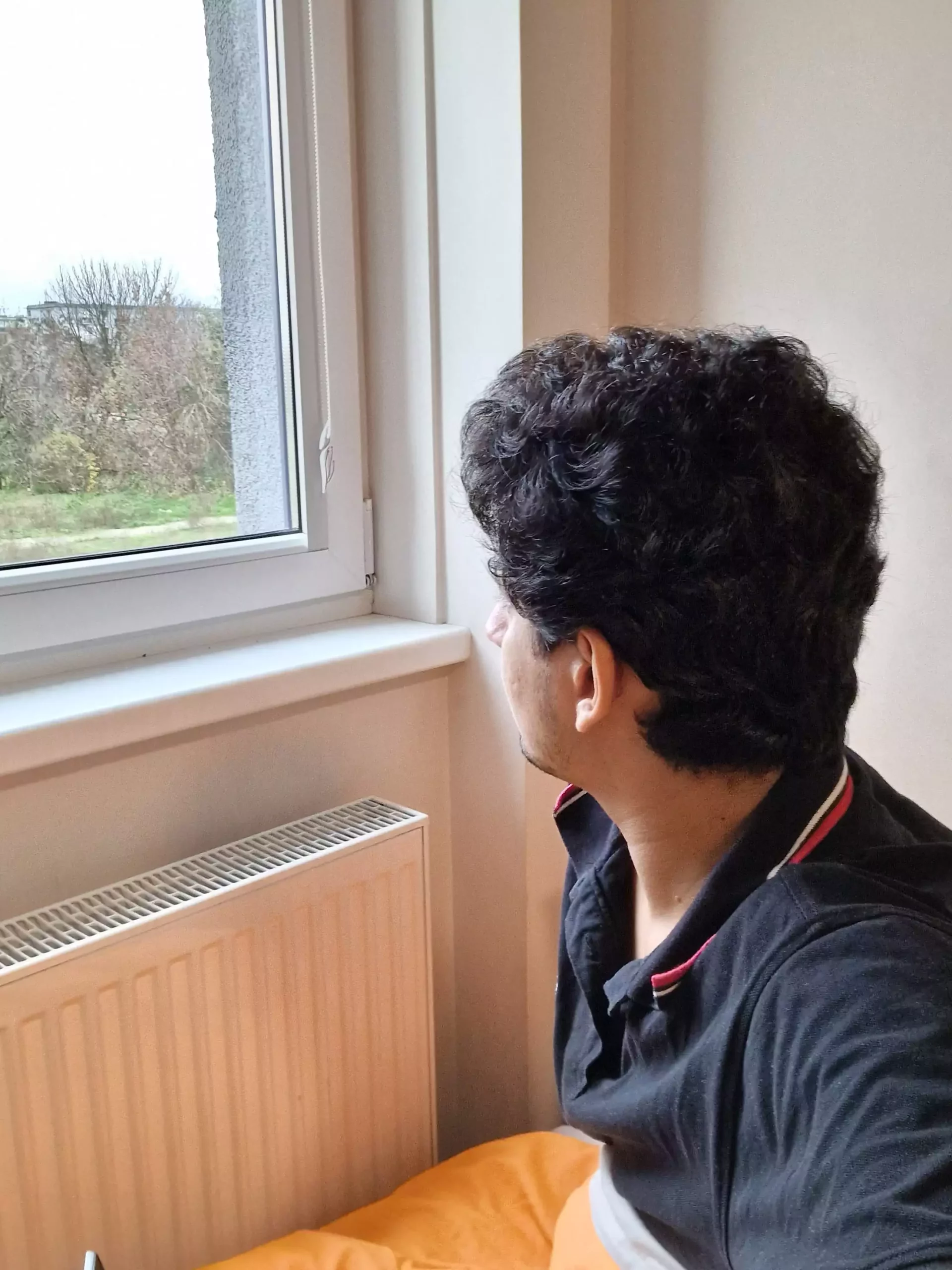Looking for essential oils for nosebleeds? You have found the right page.
In this article, you will read about some of the best essential oils for nosebleeds that are proven and considered safe to use.
Read: Essential Oils for Blood Clots
Contents
The Best Essential Oils for Nosebleeds
Here are some of the best essential oils:
1. Lavender Essential Oil
In most cases, when a person gets a nose bleed, it is caused by the rupture of a fragile blood vessel in the nose. The bleeding can be stopped by applying a lavender essential oil to the skin around the nose.
The Lavender wound healing properties as explained in a 2017 study forms granulation tissue through collagen synthesis and stop bleeding.
2. Rose Geranium Essential Oil
Rose geranium essential oil can help prevent nose bleeding in people with a hereditary condition known as hereditary hemorrhagic telangiectasia.
The oil also has a soothing effect when inhaled which can prevent swelling and speed the wound healing process.
Studies support the fact that this essential oil is an inhibitor of platelet aggregation.
3. Basil Essential Oil
Basil essential oil is another very effective essential oil for nose bleeding.
A 2013 study shows that it has antiseptic, antispasmodic, and healing properties that help stop bleeding from the nose.
It is also used as a disinfectant and helps prevent scars in the nasal passage caused by the bleeding from the nose by stopping it immediately; another great advantage of using basil essential oil is that it promotes skin cell multiplication which will speed up the wound healing process.
A 2021 study published online reveals that Basil essential oil can reduce oxidation stress, fatigue, and depression-induced nose bleeding.
4. Lemon Essential Oil
Lemon Essential Oil has hemostatic properties and healing properties that help prevent nose bleeding.
It also helps heal scars from a nasal bleeding wound or from surgery on the nose as well as other facial wounds.
In 2016, a study was published online in support of the lemon essential oil’s hemostatic properties.
Lemon essential oil’s antibacterial properties can help stop the spread of bacteria and combat any infections which are also caused by blocked blood vessels.
5. Tea Tree Essential Oil
It has anti-fungal and antimicrobial properties which help prevent infection and heal the wounds caused by rash or bacteria whenever a person gets knocked down or falls, it will also prevent the spread of any virus.
Another great benefit of tea tree essential oil, apart from its antiseptic properties is that it promotes wound healing by increasing collagen production.
Many studies suggest that Tea Tree essential oil is a great wound healer because of its antimicrobial, anti-inflammatory, and antioxidant properties. This means that it can greatly stop nose bleeding caused by injury to the blood vessels.
How to Use Essential Oils for Nosebleeds
Method 1: Inhaling
- Mix the essential oil with a carrier oil in a 1:1
- Add 2-3 drops of essential oil to a bowl of boiling water
- Inhale the steam from the bowl while covering your head with a towel or cloth to create moisture in the room that is saturated with essential oils
- Continue this for at least 20 minutes, but do not go beyond 30 minutes as it may cause nausea, headaches, or other side effects depending on the type of oil used
Method 2: Aromatherapy
Aromatherapy is another great way of using the essential oils mentioned above for nose bleeding.
Aromatherapy works through skin absorption and smell. You can use aromatic spritzers or diffusers.
Mix the essential oil with a carrier oil and add it to an aromatic spritzer or a diffuser and inhale.
Precautions and Side Effects
Here are some of the precautions:
- Essential oils are very strong and should be diluted before applying to the skin
- Be sure to use oil that is right for your skin type
- Keep essential oils away from your eyes, nose, and mouth
- If you develop an allergic reaction or any irritation, discontinue use immediately
- Keep essential oils out of reach of children
- Do not apply essential oils for nosebleeds on the face since it will cause irritation and discoloration to the skin
The common side effects include headache, rash, nausea, vomiting, and diarrhea. Consult a doctor if you notice any of the above-mentioned side effects.
The Bottom Line!
The above-mentioned essential oils for nosebleeds are well-known and proven by different studies. You can use them to treat nosebleeds without any problem.
For most people, these oils are safe to use, however, some people may notice discomfort. In this case, stop the use and consult with your doctor.
The content present on this page has not been evaluated by any medical authorities e.g FDA. All the information present is solely for informational purposes and is not a substitute for the medical advice provided by your physician. We do not aim to diagnose, treat, or cure any disease or illness.

I am a medical student (MD) and a professional blogger. My aim is to help and educate people about essential oils and how they can be beneficial in improving overall health if used in a proper way.
